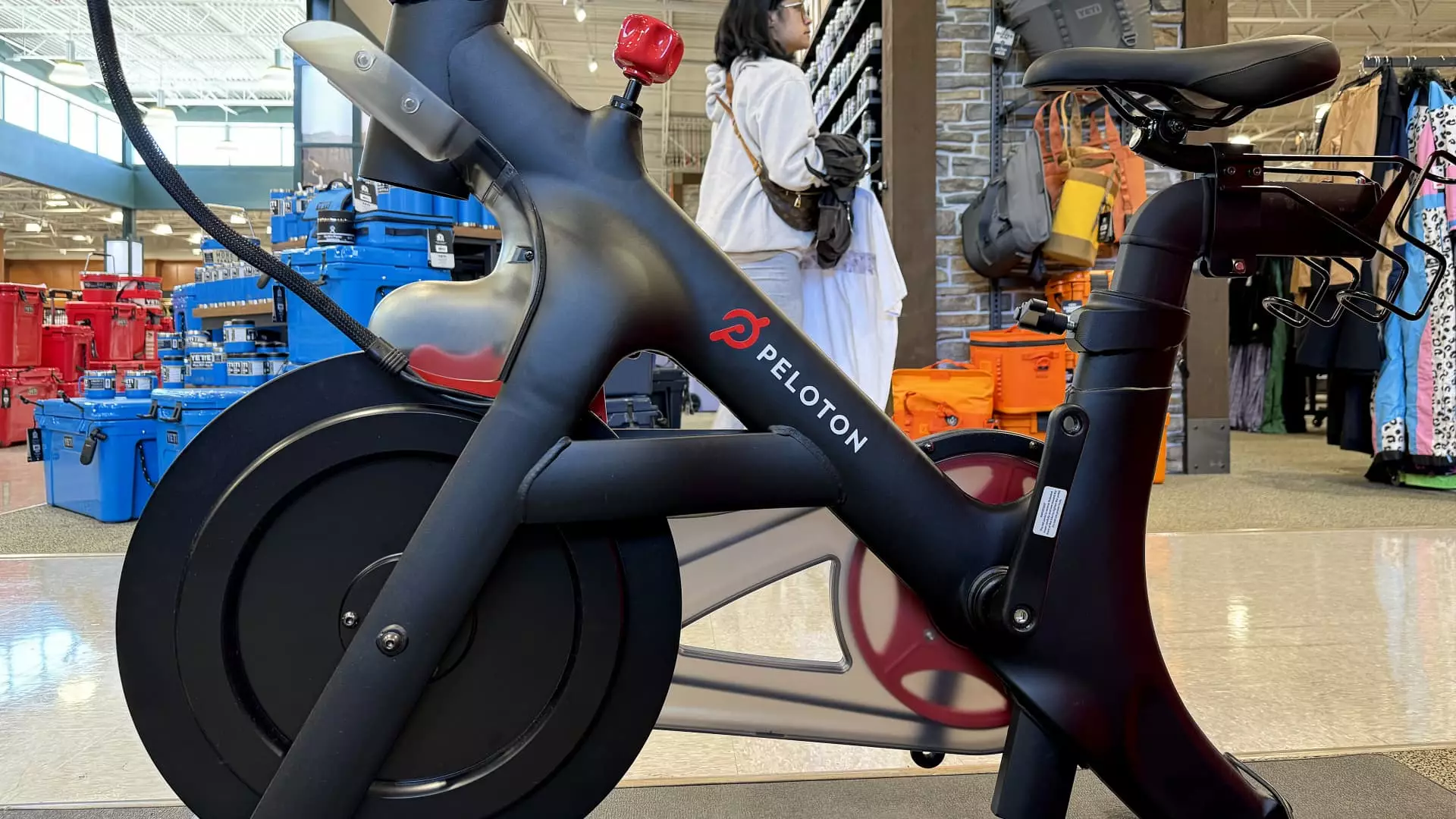Peloton has made headlines once again with the launch of its new marketplace, Repowered. This initiative is not just a way to clear the clutter from our homes but represents a significant strategic pivot for the company that has weathered its share of turbulence. As a center-right liberal observer of the economy, it’s refreshing to see a tech company leveraging the principles of capitalism to foster a sustainable ecosystem. Here’s why this initiative could be a transformative shift for Peloton and its community.
Embracing the Circular Economy
The genius of Repowered lies in its alignment with the circular economy model, which emphasizes sustainability through the resale of goods. In a world where consumerism often leads to waste, Peloton is taking a commendable step towards encouraging its users to extend the lifecycle of their equipment. By providing a structured platform for reselling, Peloton not only helps users feel empowered but demonstrates a commitment to environmental responsibility. This isn’t merely about profits; it’s about changing cultural perceptions around fitness ownership, which typically revolves around brand-new purchases and rapid disposals.
Empowering Consumers Through Technology
With Repowered, Peloton utilizes generative AI to assist sellers in pricing their used equipment—a fantastic application of technology to enhance user experience. The AI tool provides an informed starting point for pricing, while still giving sellers the freedom to choose. This two-fold approach empowers consumers and instills confidence in both sellers and buyers. In a market saturated with online options where traditional bargaining can feel intimidating, Peloton’s tech-savvy solution transforms what could be a cumbersome process into an accessible one.
Reinvigorating Revenue Streams
Here’s where it gets interesting: Peloton’s traditional revenue model heavily relies on subscription fees tied to new equipment purchases. However, with the introduction of Repowered, they can tap into a resurgent income stream—from the very products that might have otherwise languished unused. By taking a percentage of these sales, Peloton effectively diversifies its revenue sources, which in turn mitigates the risk inherent in an economy that can be fickle. It positions them favorably against peer-to-peer marketplaces like Facebook, inadvertently stimulating a competitive drive and pushing the envelope on service quality.
Targeting Untapped Markets
Peloton has long had a reputation for being the choice of fitness enthusiasts. Yet, the reality is that many who buy might not engage with the equipment as expected. Through the Repowered platform, Peloton has a golden opportunity to cater to a broader demographic. New users, who may have been deterred by the price of new bikes or treadmills, can now access the brand and potentially convert to loyal subscribers after purchasing through Repowered. This strategic move caters not just to the seasoned athlete but to casual users who are either testing the waters or those interested in stepping up their fitness game affordably.
Building a Trusted Community
One of Peloton’s strongest market assets has always been its community. With Repowered, the company has the chance to deepen that sense of trust among members. They can now buy and sell with confidence, knowing the history of each listed item and having the security of a platform overseeing transactions. This enriched community engagement leads to a sense of camaraderie and shared purpose, reinforcing Peloton’s position as more than just a fitness brand—it’s a lifestyle choice supported by a likeminded network.
The Risks and Challenges Ahead
Despite the promise of Repowered, the rollout does pose potential risks that Peloton must navigate carefully. Competitors like Trade My Stuff are eyeing the same market, and any miscalculation could lead to fragmentation of the user base. Additionally, as Peloton expands the marketplace beyond its initial test cities, ensuring consistent quality and reliability will be paramount. Overseeing such a marketplace requires vigilance to prevent issues like fraud or subpar customer service from arising, which could tarnish the brand’s reputation.
In an age where fitness is often entangled with consumerism, Peloton’s Repowered marketplace invites us to rethink our approach to ownership and usage. This could be the future of fitness equipment—where value is derived not just from purchase, but from active participation in a community-driven resale economy.

